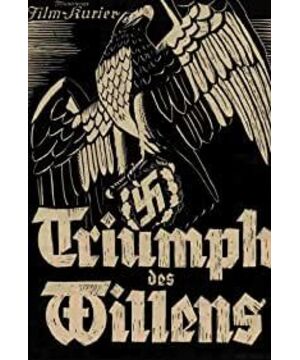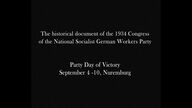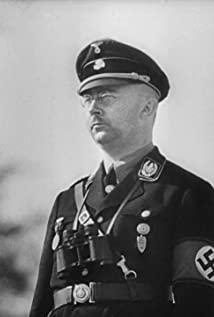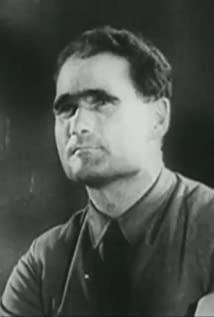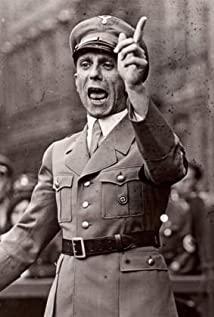The 1930s were the best of times and the worst of times for talented female director Lenny Riefenstahl and her epic Triumph of the Will. On the one hand, she and her work are condemned for their manifesto Nazism; on the other hand, for a mere artist and work of art, it is an epic event of the time, place, and people , the support of the ruling group, and unlimited funding. Triumph of the Will chronicles meetings, rallies, and marches at the height of the Nazis. The huge and luxurious film crew combined with Riefenstahl's genius of creativity and aesthetics has provided one of the most perfect and most controversial masterpieces in film history. However, artists are called artists because they can use artistic techniques to beautify objective things. Therefore, even the first scene of a real event, even the real lens language, is only presented and expressed by the artists. The one-sided objective truth of what is seen and preached. After watching the whole film, what I felt was order, strength and hope, without the grief, cruelty and confusion of war times. However, reason tells us that it is impossible. As with any documentary, absolute truth does not exist. What the audience sees is the edited picture, which is the processed subjective truth. The film's incendiary power is daunting enough to make one shudder when it becomes a terrorist propaganda machine and blatantly preaches its morality.
View more about The Triumph of the Will reviews


